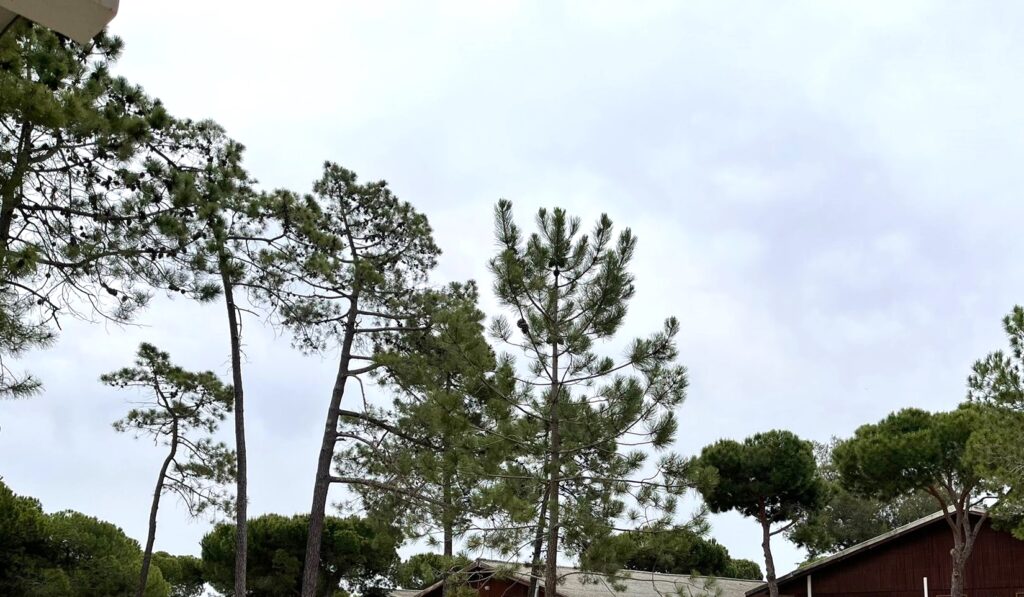The DGS recommends the general population to avoid prolonged exertion and physical activity outdoors today and for the elderly and children to stay at home, due to the concentration of dust in the air from North Africa.
A mass of air coming from the deserts of North Africa, carrying suspended dust, is expected to cross mainland Portugal today, according to a statement from the Directorate-General for Health (DGS).
“A situation of poor air quality is expected to occur on the Continent, with an increase in concentrations of inhalable particles of natural origin in the air, affecting, in particular, the regions of Alentejo and Algarve and the interior of the Central Region”, highlights.
This pollutant (inhalable particles – PM10) causes effects on human health, especially in the most sensitive population, such as children and the elderly, whose health care the DGS recommends to be “doubled” during the occurrence of these situations.
As long as this phenomenon continues, the DGS says that the general population should avoid prolonged exertion, limit physical activity outdoors and avoid exposure to risk factors, such as tobacco smoke and contact with irritating products.
Children, the elderly, patients with chronic respiratory problems (such as asthma) and cardiovascular patients, due to their greater vulnerability to the effects of dust, in addition to complying with the recommendations for the general population, “should, whenever feasible, remain in the inside buildings and, preferably, with the windows closed”.
As for chronically ill patients, the DGS reminds them that they must maintain ongoing medical treatments.


















Comments